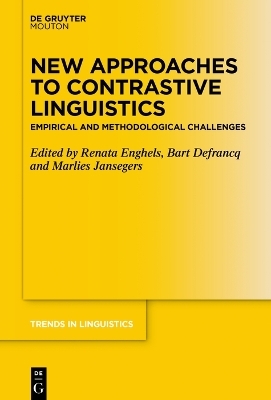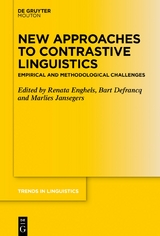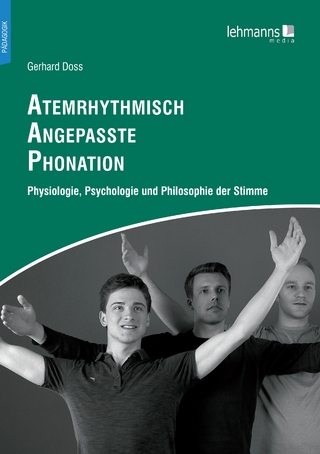New Approaches to Contrastive Linguistics
Empirical and Methodological Challenges
Seiten
2020
de Gruyter Mouton (Verlag)
978-3-11-068239-7 (ISBN)
de Gruyter Mouton (Verlag)
978-3-11-068239-7 (ISBN)
lt;p>
The practice of comparing languages has a long tradition characterized by a cyclic pattern of interest. Its meeting with corpus linguistics in the 1990s has led to a new sub-discipline of corpus-based contrastive studies. The present volume tackles two main challenges that had not yet been fully addressed in the literature, namely an empirical assessment of the nature of the data commonly used in cross-linguistic studies (e.g. translation data versus comparable data), and the development of advanced methods and statistical techniques suitably adapted to contrastive research settings. The papers collected in this volume endeavour to find out what (new) types of data are most useful for what kind of contrastive questions, and which advanced statistical techniques are most suited to deal with the multidimensionality of contrastive research questions. Answers to these questions are provided through the contrastive analysis of various language pairs or groups, and a wide variety of phenomena situated at almost all linguistic levels. In sum, this book provides an update on new methodological and theoretical insights in empirical contrastive linguistics and will stimulate further research within this field.
The practice of comparing languages has a long tradition characterized by a cyclic pattern of interest. Its meeting with corpus linguistics in the 1990s has led to a new sub-discipline of corpus-based contrastive studies. The present volume tackles two main challenges that had not yet been fully addressed in the literature, namely an empirical assessment of the nature of the data commonly used in cross-linguistic studies (e.g. translation data versus comparable data), and the development of advanced methods and statistical techniques suitably adapted to contrastive research settings. The papers collected in this volume endeavour to find out what (new) types of data are most useful for what kind of contrastive questions, and which advanced statistical techniques are most suited to deal with the multidimensionality of contrastive research questions. Answers to these questions are provided through the contrastive analysis of various language pairs or groups, and a wide variety of phenomena situated at almost all linguistic levels. In sum, this book provides an update on new methodological and theoretical insights in empirical contrastive linguistics and will stimulate further research within this field.
Renata Enghels; Bart Defrancq, Ghent University, Belgium; Marlies Jansegers, Erasmus University College, Brussels, Belgium
| Erscheinungsdatum | 18.07.2020 |
|---|---|
| Reihe/Serie | Trends in Linguistics. Studies and Monographs [TiLSM] ; 336 |
| Zusatzinfo | 21 b/w and 21 col. ill., 75 b/w tbl. |
| Verlagsort | Berlin/Boston |
| Sprache | englisch |
| Maße | 155 x 230 mm |
| Gewicht | 592 g |
| Themenwelt | Geisteswissenschaften ► Sprach- / Literaturwissenschaft ► Sprachwissenschaft |
| Schlagworte | Contrastive Linguistics • Corpus • Interpreting • Translation • Typology |
| ISBN-10 | 3-11-068239-7 / 3110682397 |
| ISBN-13 | 978-3-11-068239-7 / 9783110682397 |
| Zustand | Neuware |
| Informationen gemäß Produktsicherheitsverordnung (GPSR) | |
| Haben Sie eine Frage zum Produkt? |
Mehr entdecken
aus dem Bereich
aus dem Bereich
Physiologie, Psychologie und Philosophie der Stimme
Buch | Softcover (2024)
Lehmanns Media (Verlag)
29,95 €
Das umfassende Standardwerk auf der Grundlage der aktuellen amtlichen …
Buch | Hardcover (2024)
Duden (Cornelsen Verlag)
35,00 €




